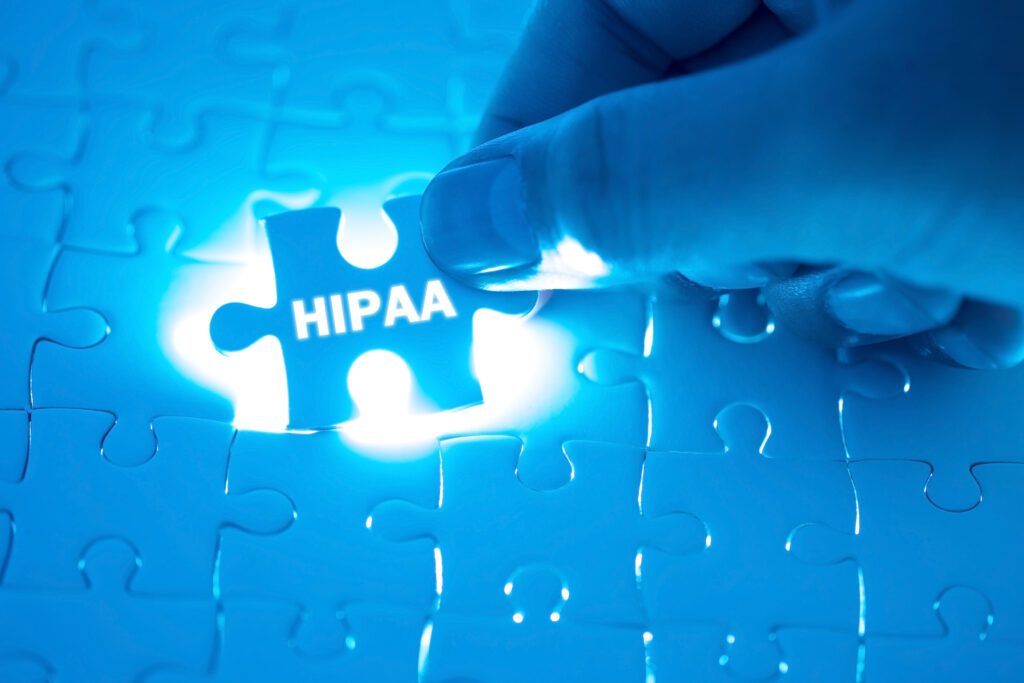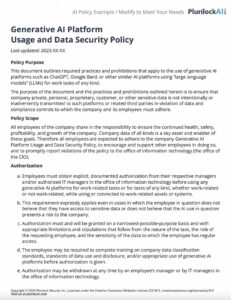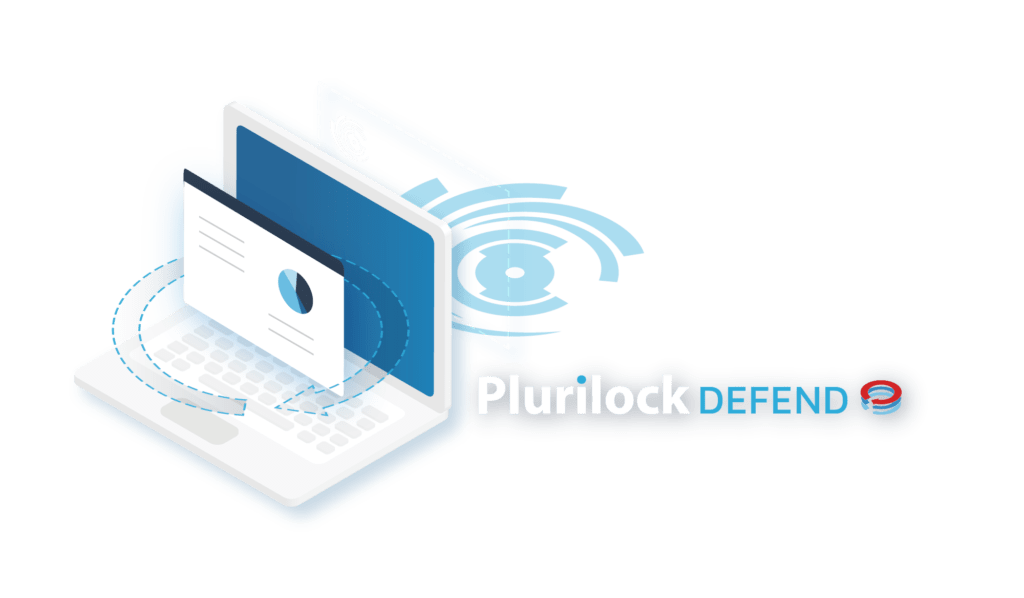In the modern digital landscape, where vast amounts of personal and sensitive data are constantly exchanged, securing information has become paramount, especially in sectors handling highly sensitive data like healthcare. The Health Insurance Portability and Accountability Act (HIPAA) stands as a cornerstone legislation in the United States, ensuring the protection of individuals’ health information while providing for the secure electronic transmission of such data. In this deep dive, we will explore the intricacies of HIPAA in the context of cybersecurity, delving into its significance, key provisions, compliance requirements, challenges, and emerging trends.
Understanding HIPAA
Enacted in 1996, HIPAA is a federal law designed to safeguard individuals’ protected health information (PHI) while promoting the portability of health insurance coverage and ensuring the efficiency and effectiveness of the healthcare system. HIPAA comprises various rules, with the Privacy Rule and the Security Rule being the most pertinent to cybersecurity.
Privacy Rule: The Privacy Rule establishes national standards for the protection of PHI held or transmitted by covered entities (healthcare providers, health plans, and healthcare clearinghouses) and their business associates. It delineates patients’ rights regarding their health information, such as the right to access and amend their records and the right to obtain an accounting of disclosures.
Security Rule: Complementary to the Privacy Rule, the Security Rule sets forth standards for safeguarding electronic PHI (ePHI). It mandates covered entities and business associates to implement administrative, physical, and technical safeguards to ensure the confidentiality, integrity, and availability of ePHI. The Security Rule’s safeguards encompass measures such as access controls, encryption, audit controls, and contingency planning.
Why HIPAA Matters in Cybersecurity
The significance of HIPAA in cybersecurity cannot be overstated, particularly in the healthcare sector, where data breaches can have severe consequences for individuals’ privacy, financial well-being, and even their health. Several key factors highlight the importance of HIPAA in cybersecurity:
- Protection of Sensitive Health Data: Healthcare organizations store vast amounts of sensitive patient information, including medical histories, diagnoses, and treatment records. HIPAA ensures that this information is protected from unauthorized access, disclosure, or alteration, mitigating the risk of identity theft, fraud, and medical identity theft.
- Legal and Reputational Implications: Non-compliance with HIPAA can lead to significant legal penalties, including fines and sanctions. Moreover, data breaches resulting from inadequate cybersecurity measures can tarnish an organization’s reputation, eroding patient trust and loyalty.
- Cybersecurity Preparedness: By mandating the implementation of robust security measures, HIPAA compels healthcare entities to enhance their cybersecurity posture. This proactive approach helps organizations mitigate cybersecurity risks, prevent data breaches, and respond effectively to security incidents.
- Interoperability and Data Exchange: HIPAA’s provisions facilitate the secure exchange of health information between covered entities, promoting interoperability and care coordination. Ensuring the confidentiality and integrity of data transmitted electronically is crucial for maintaining trust among healthcare stakeholders and facilitating seamless information exchange.
- Global Impact: While HIPAA is a US law, its principles and standards have influenced global efforts to protect health information. As healthcare becomes increasingly interconnected on a global scale, adherence to HIPAA standards can bolster cybersecurity practices worldwide.
In-Depth Analysis of HIPAA’s Importance
- Protection of Patient Privacy: HIPAA’s Privacy Rule empowers patients by granting them greater control over their health information. By safeguarding individuals’ privacy rights, HIPAA fosters trust between patients and healthcare providers, essential for maintaining the confidentiality of sensitive medical information and ensuring open communication in the doctor-patient relationship.
- Cybersecurity Risk Management: The Security Rule’s emphasis on risk analysis and risk management underscores the importance of proactive cybersecurity measures. Healthcare organizations must assess potential threats to ePHI, implement safeguards tailored to their specific risks, and regularly evaluate their security posture to address emerging cyber threats effectively.
- Business Associate Accountability: HIPAA holds not only covered entities but also their business associates accountable for protecting PHI. Business associates, such as third-party vendors and subcontractors, are contractually obligated to adhere to HIPAA’s security standards, ensuring a comprehensive approach to safeguarding health information across the healthcare ecosystem.
- Continual Compliance and Adaptation: HIPAA’s flexibility allows for continual compliance efforts and adaptation to evolving cybersecurity challenges. As cyber threats evolve and new technologies emerge, healthcare organizations must remain vigilant, updating their security policies, procedures, and technologies to address emerging risks and maintain compliance with HIPAA requirements.
- Patient Trust and Confidentiality: Upholding HIPAA standards reinforces patients’ trust in the healthcare system’s ability to protect their sensitive information. Patients are more likely to disclose personal health information and seek medical care when confident that their privacy rights are respected and their data is secure, underscoring the integral role of HIPAA in maintaining patient confidentiality and trust.
Challenges and Emerging Trends
While HIPAA has significantly improved the protection of health information, several challenges and emerging trends pose ongoing cybersecurity concerns for healthcare organizations:
- Cybersecurity Threat Landscape: Healthcare organizations face an evolving array of cyber threats, including ransomware attacks, data breaches, and insider threats. The increasing sophistication and frequency of cyber attacks underscore the need for healthcare entities to bolster their cybersecurity defenses and adopt proactive measures to mitigate emerging threats.
- IoMT Security Risks: The proliferation of Internet of Medical Things (IoMT) devices, such as connected medical devices and wearables, introduces new security risks and vulnerabilities. Securing these interconnected devices against cyber threats is paramount to prevent unauthorized access to ePHI and safeguard patient safety.
- Cloud Security and Data Storage: The adoption of cloud computing technologies offers scalability and flexibility but also presents security challenges related to data storage and access control. Healthcare organizations must implement robust encryption, authentication mechanisms, and data loss prevention strategies to secure ePHI stored in the cloud and mitigate the risk of data breaches.
- Compliance Complexity: Achieving and maintaining HIPAA compliance can be complex and resource-intensive, particularly for smaller healthcare organizations with limited IT resources. Navigating the intricacies of HIPAA’s requirements, conducting regular risk assessments, and implementing effective security controls require ongoing investment in staff training, technology, and compliance efforts.
- Telehealth Security Considerations: The rapid expansion of telehealth services amid the COVID-19 pandemic has highlighted the importance of securing telehealth platforms and communications channels. Healthcare providers must implement encryption, authentication, and access controls to protect the privacy and confidentiality of telehealth sessions and ePHI transmitted remotely.
Conclusion
In conclusion, HIPAA plays a pivotal role in cybersecurity within the healthcare sector, safeguarding individuals’ protected health information while promoting interoperability, privacy, and data security. By adhering to HIPAA’s standards and implementing robust cybersecurity measures, healthcare organizations can mitigate cyber threats, protect patient privacy, and maintain trust in the integrity of the healthcare system. However, ongoing vigilance, investment in cybersecurity infrastructure, and adaptation to emerging threats are essential to address the evolving cybersecurity landscape and ensure the continued effectiveness of HIPAA in safeguarding health information in the digital age.












